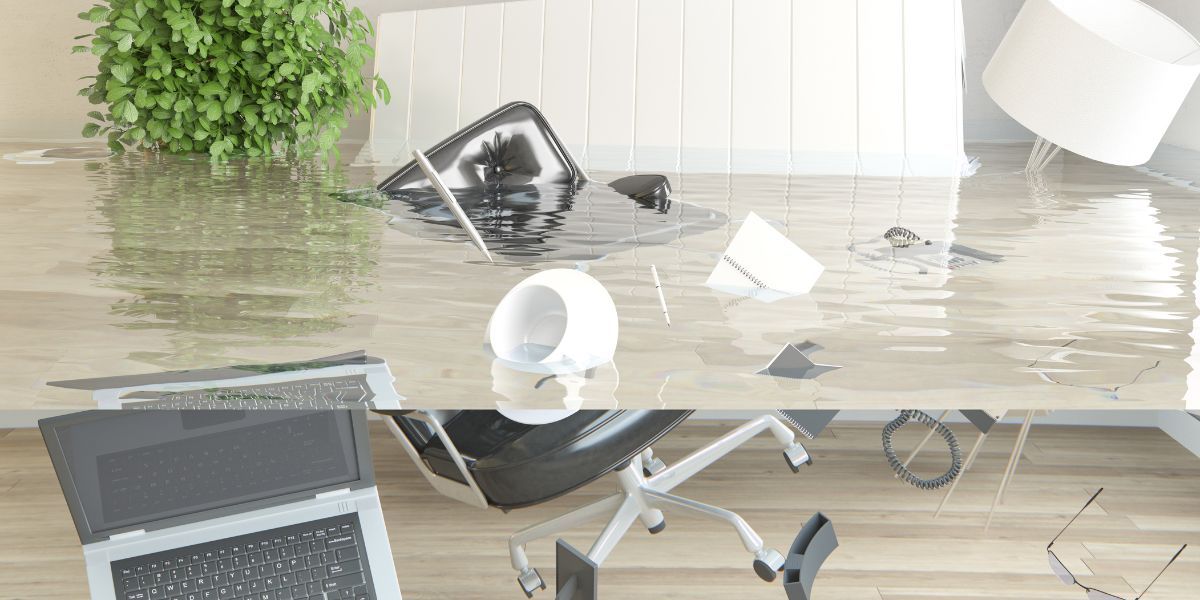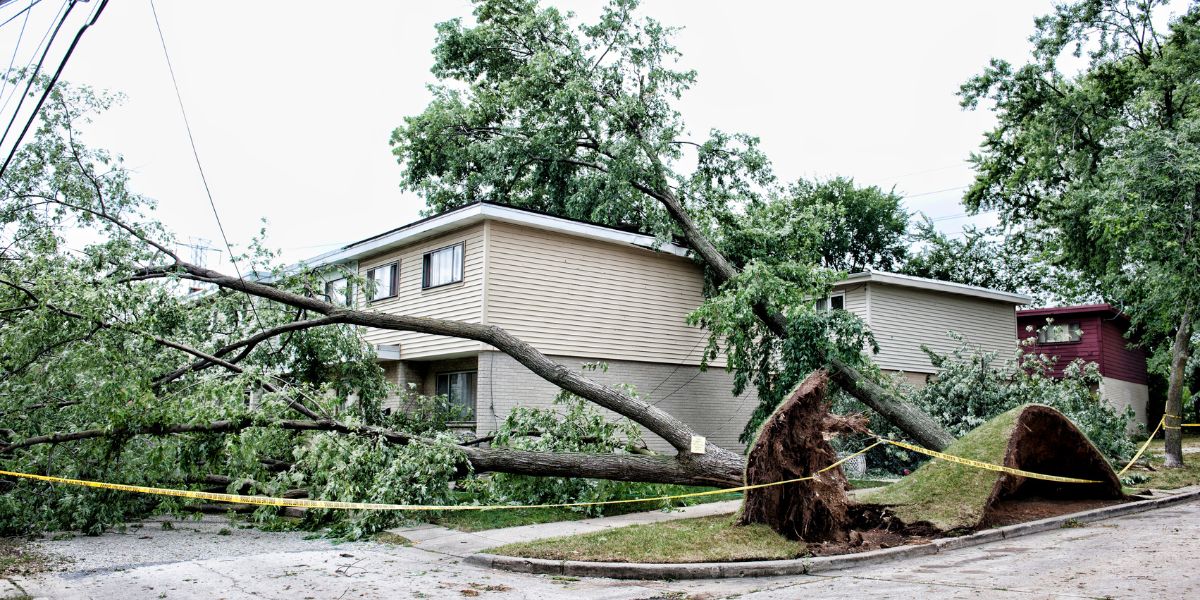
Homeowners’ insurance is not just a safety net, but a vital safeguard for your most valuable asset—your home. However, there are several misconceptions about what homeowners’ insurance covers. In this post, we’ll debunk the top 5 myths about homeowners’ insurance to help you make informed decisions about your coverage.
Myth #1: Homeowners’ Insurance Covers All Natural Disasters
One of the most prevalent myths is that homeowners’ insurance covers every type of natural disaster. Unfortunately, this is not true.
The Truth: Standard homeowners’ insurance typically covers events like fire, wind, hail, and lightning. However, it excludes floods, earthquakes, landslides, and sinkholes. For protection against these specific risks, you’ll need separate policies or endorsements.
For example, flood insurance can be purchased through the National Flood Insurance Program (NFIP) or private insurers, while earthquake coverage is often available to endorse your policy. Understanding your area’s specific risks ensures you have the necessary coverage in place.
Real-Life Scenario: Imagine returning home from a vacation to find your basement flooded due to a burst pipe. Without home insurance, you’d face thousands of dollars in plumbing repairs and replacements out of pocket. With proper coverage, you can focus on returning your home to normal instead of worrying about the financial burden.
Myth #2: Homeowners’ Insurance Covers the Full Value of My Home and Belongings
Some homeowners mistakenly assume that their policy will fully reimburse them for their home’s market value and all their personal belongings.
The Truth: Homeowners’ insurance typically covers the replacement cost value of your home, not its market value. This means your policy pays to rebuild your home using similar materials and quality, which could differ from its current market price.
Many policies limit personal belongings to high-value items like jewelry or art. You may need to schedule these items separately or buy additional coverage to fully protect them.
Homeowners’ insurance is not just about protecting your property. It’s about safeguarding your economic future. Your home is likely your most valuable asset. Homeowners’ insurance protects the structure of your personal belongings and economic future. Without it, a single disaster could wipe out years of savings and hard work.
Myth #3: Homeowners’ Insurance Covers All Home Maintenance Issues
Another common misconception is that insurance covers home repairs, regardless of the cause.
The Truth: Homeowners’ insurance covers sudden and accidental damage, not routine maintenance or wear and tear. For example, if a storm damages your roof, that’s covered. But if your roof simply deteriorates over time due to age, you’ll be responsible for the repair costs.
Cost-Saving Tip: Regular home maintenance is essential for preventing more significant issues that could lead to insurance claims. Some insurance companies even offer discounts for well-maintained homes.
Myth #4: I Don’t Need Insurance if I Don’t Have a Mortgage
Once the mortgage is paid off, some homeowners believe they no longer need insurance.
The Truth: While mortgage lenders typically require homeowners’ insurance, it’s still crucial to have coverage even after paying off your mortgage. Without insurance, you’d be responsible for the entire cost of rebuilding your home or paying out-of-pocket for liability claims if someone is injured on your property.
Statistics: According to recent studies, the average home insurance claim exceeds $10,000. For most homeowners, this represents a financial hit that would be difficult to absorb without insurance.

Myth #5: All Home-Based Businesses Are Covered by Homeowners’ Insurance
Many think their home-based business is automatically covered under their homeowners’ policy.
The Truth: Standard homeowners’ insurance offers limited coverage for home-based businesses. Your policy may not cover business equipment, liability related to business activities, or lost income if your home office is damaged.
If you run a business from home, relying solely on your homeowners’ insurance is not enough. It is wise to purchase a separate business insurance policy or add endorsements to your homeowners’ policy for proper coverage.
What Does Homeowners’ Insurance Cover?
When protecting your home, insurance can feel like a safety net for life’s unexpected moments. Homeowners’ insurance is designed to cover your home and belongings, but not every policy is the same. Understanding the core elements of your coverage is essential to ensure you’re fully protected when disaster strikes.
At its heart, homeowners’ insurance typically includes coverage for the physical structure of your home and any detached buildings like garages or sheds. It also extends to your personal belongings, helping you replace damaged or a stolen air conditioning unit.
But insurance isn’t just about property. It also provides financial protection if you’re found responsible for someone else’s injury or property damage. If an accident happens on your property, medical payment coverage can help with the bills, regardless of fault.
While homeowners’ insurance offers a wide safety net, knowing its limits is important. Some natural disasters, like floods and earthquakes, require separate policies, and everyday wear and tear isn’t usually covered. That’s why reviewing your policy closely and talking with your provider is key to ensuring you’re prepared for anything life throws.
Every home and situation is different, so understanding these general categories of coverage can help you make informed decisions about the protection you need.

Final Thoughts
Understanding these typical homeowners insurance myths is the first step. To make smarter, more informed decisions about your coverage, always review your policy carefully and consult with one of our insurance agents. Their expertise will ensure your home is fully protected, giving you the guidance and support you need. By reviewing your policy and ensuring you have the right coverage, you can protect your home, belongings, and financial future.
Be sure to review our Guide to Homeowners Insurance. This resource will cover everything you need to know to protect your home, from coverage options to tips on saving money.


